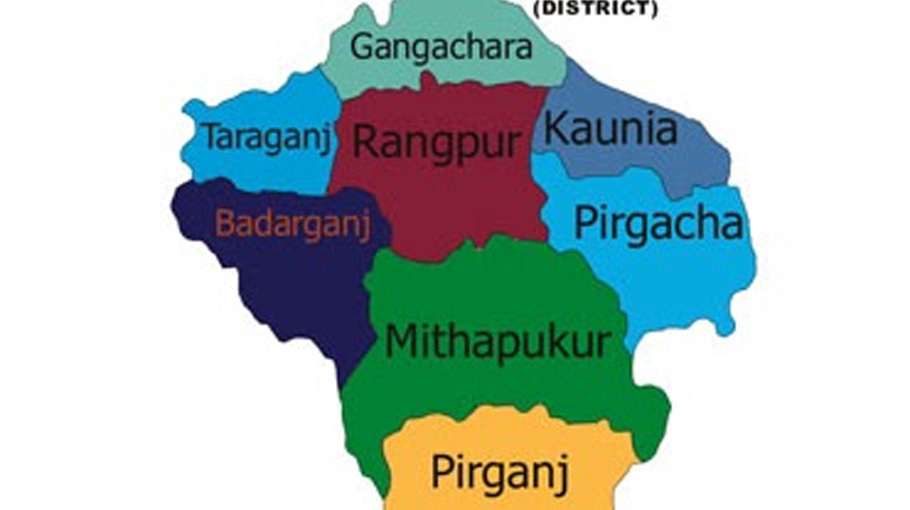Covid-19 impacts adversly on village economy

Ayesha Khatun, 45, of Ikarchali area in Taraganj upazila of Rangpur used to work as a housemaid in a house in Dhaka. Due to the Covid-19 pandemic, the terrified landlord fired her and she returned to her area. Abandoned and homeless, this woman is now struggling to survive with one child. Hasan Ali (55) of Tajhat area of Rangpur city used to work for a long time in a press in Wari area of the capital. He used to send money home after getting salary every month. The family was going well with his two sons and wife. But he returned home at the beginning of the Coronavirus outbreak. Although the press was supposed to open, it did not open. Authorities fired him. Now he is living a very difficult life.
More than two lakh people of Rangpur region have lost their jobs due to Coivd-19 pandemic disaster. Those who are engaged in other occupations and whose income is very limited, have also left their rented houses and returned to the village due to financial crisis. Development researchers say the situation is not normal and the pressure on the village is increasing again with the rise of Corona. If alternative employment is not created, there is a danger of a catastrophe.
From the very beginning, the lower and middle class people of the rural areas have been suffering the most in the hands of Corona. The economic flow is being hampered as there is nothing to save these unemployed people. This is having a negative impact on various levels of society. There is a kind of instability in the minds of the people about the new corona outbreak, an unknown fear. Due to the large number of people who lost their jobs and joined the village, there is a dearth of work. Many people are forced to choose the wrong path in pursuit of livelihood due to scarcity.
Gangachara is known as the most deprived area of Rangpur. Due to lack of work in the area, the heads of the families who were devastated by the erosion of the Teesta here spent most of the year in different parts of the country, including the capital Dhaka, in search of income. There they worked as agricultural laborers and construction workers, some of them used to drive rickshaws, some of them worked in garment factories. But due to Covid-19 pandemic, there are no more benefits. They have lost their jobs and are forced to return to their village of unemployment.
Abdul Matin, who lost his job, used to work in a small garment factory in Shahbag, Dhaka. He returned home as the company closed at the beginning of the outbreak. He said, "I have been working there for many years and my family was running. Now I am sitting at home with no work. I am in a lot of trouble with my wife and children.”
Chargram Jayramojha of Lodhitari Union in Gangachara upazila of Rangpur. UP member Dulal Mia said that 800 families live in this char. In pursuit of their livelihood, the heads of 700 families spend most of the year in search of work in different parts of the country, including Dhaka. Many of them have now returned home due to lack of work due to Covid-19. Being unemployed, he is living on half-starvation. Some are involved in criminal activities.
Development researchers say that more than two lakh people have lost their jobs in eight districts of Rangpur division who were employed in different parts of the country due to Coronavirus crisis. These people are now living inhuman lives. Poverty rates are rising again in the northern part of the country. There is a lack of new employment for the people who have lost their jobs in the cities and returned to the villages. As a result, crime is increasing among the unemployed with frustration.
Begum Rokeya University teacher who has been working on the development of Rangpur for a long time. Tuhin Wadud said, "Unfortunately, the truth is that now there is no one better than a government employee." According to research, about two crore people have lost their jobs and come to the village. Earlier, four crore people were helpless in the country. So authorities say now 35 percent of the people in the country are living below the poverty line. It is especially frustrating that more than two lakh people have returned to Rangpur after losing their jobs. Failure to bring unemployed people into the mainstream will be a big loss on the country's poverty map. That is why he emphasized on creating rural employment by setting up agro-based industries in this agriculturally dependent area.





